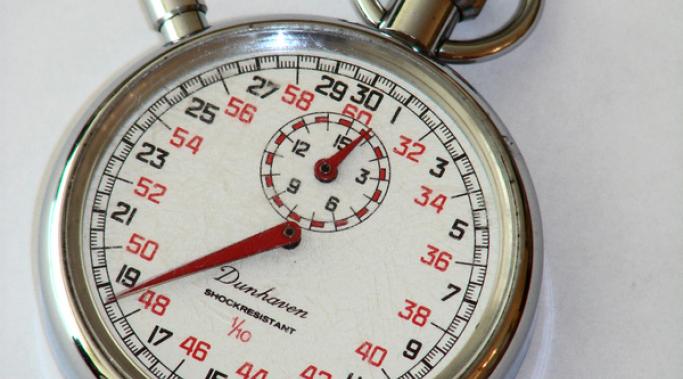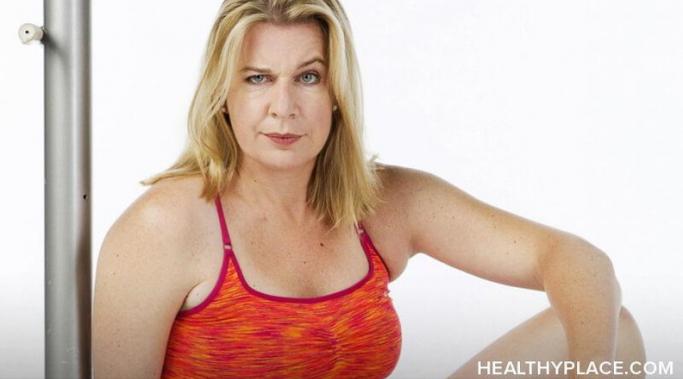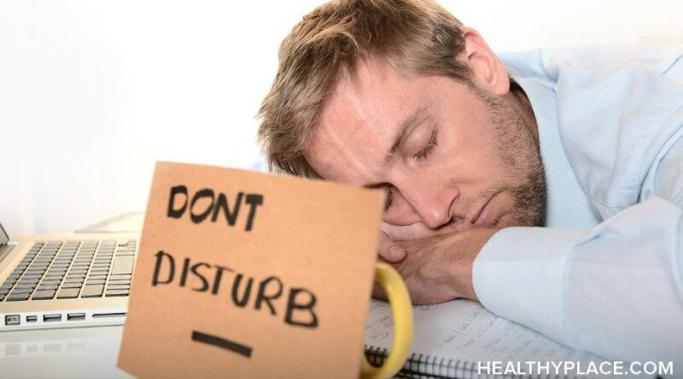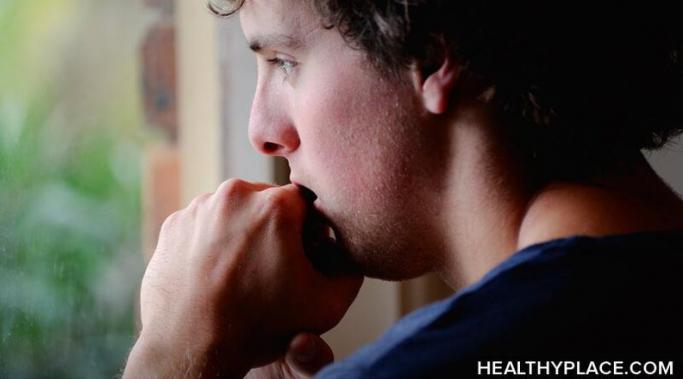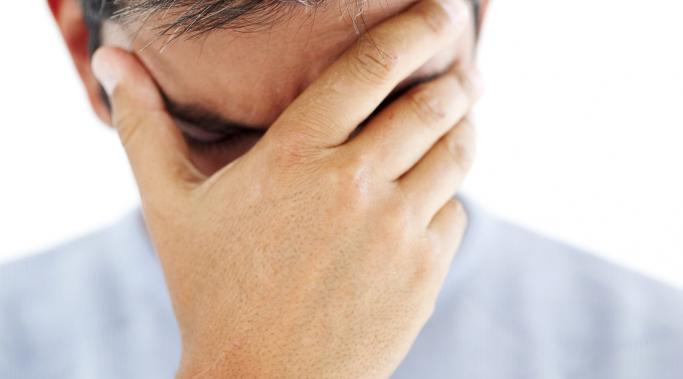Last week, I discussed the basics of postpartum depression, postpartum psychosis and how these conditions are more common in women with bipolar disorder. Today I’ll talk about screening for postpartum depression and postpartum depression as well as their severe effects on the child and the treatment of these conditions.
Coping
I don’t believe in New Year’s resolutions, in general. That’s because people think far too big on January 1st and come up with things they have no hope of sticking to by February 1st. They have no plan. They have no short-term goals that lead up to the long-term goal. Their resolutions read more like wishes than anything else.
That being said, I think there are some New Year’s resolutions worth having for people with bipolar disorder. These New Year’s resolutions deal with the problems I see every day concerning bipolar disorder and are designed to address these issues.
I have spent a great many years with this bipolar disorder thing. I have spent a great many years dealing with it. I have spent a great many years suffering with it. I have spent a great many years with medication unsuccessfully controlling it. I have spent a great many years in pain.
And when in an episode, for me it’s a depressive episode, I just want to know, “how many days until I get better? How many more days do I have to live in this agony?”
I’m pretty sure I have anxiety and bipolar. I've never been diagnosed with an anxiety disorder, and I’ve never talked about anxiety with my doctor, but I’m pretty sure it’s there. I meet the criteria for an anxiety disorder and and it wouldn’t be altogether shocking if this were the case as anxiety disorders are the most common mental illness and comorbid disorders with bipolar disorder are the rule rather than the exception.
As I mentioned, I recently took a trip east to see some family. In addition to 5-hour plane rides and meeting a long series of people I didn’t know, there was also the three hour time change to contend with. In other words, there was a lot of things that could, and did, mess with my bipolar.
Now, like many people, I’m quite good at handling stressors in the moment. I can travel and meet and charm with the best of them and I can say it mostly went very well. The trouble, though, is upon return. Upon return I feel like I’ve been hit by a bloody truck and act pretty much the same way.
Recently I went on a little trip east. In addition to the plane being 2.25 hours late, the thing that got to me was the 3 hour time change.
People with bipolar disorder, regardless of medication, are, on average, heavier than the average person. This is likely due to sedentary lifestyles and poor dietary choices due, in part, to reduced income. I suspect it’s also because of untreated and undertreated people exhibiting major depression and never getting off the couch (something I know a lot about).
But then, of course, there are the side effects from medication and one of the big ones that effects people drastically is weight gain. Antipsychotics, in particular, can make a person put on a lot of weight and fast. (Tip: the antipsychotic that was newly approved in bipolar disorder, lurasidone, has been shown to be weight-neutral.)
And while many people work very hard to try to lose it, the fact of the matter is, most can’t. Losing weight is something that is tough in the average population let alone in a medicated one. So sometimes, acceptance is the only answer.
I’m useless in the afternoon. My functional, working hours are extremely limited. And this is thanks to my bipolar disorder. It’s like every character I type and every minute that goes by zaps just a little bit more of me until, by mid-day, there’s nothing left.
This is hugely disheartening. I want to be like everyone else. In fact, I want to be like me a few years ago – me when I worked a full day – like everyone else.
But the fact of the matter is, I’m not like everyone else in this regard. In this regard I’m limited. In this regard I’m disabled.
This morning, a girl from the United States (I’m in Canada) contacted me and said she had taken 40 pills in a suicide attempt and now needed help immediately.
Please don’t do this.
Please don’t treat the internet like it’s 9-1-1. It isn’t.
It just so happened that I was checking the comments on my blog three minutes after this girl posted this comment so I caught it in time. (Help was called.) But I very much could have missed it. It could have taken me hours to get to this comment. I get many comments and emails and sometimes it takes me a long time to get around to reading them, let alone responding. I am, in no way, an emergency service.
Reaching out to someone is always better than reaching out to no one, but please, if you need mental health help, know who to reach out to.
Many of us know a person who has suffered a bad bipolar outcome. Perhaps the person has lost their friends and family because of bipolar. Perhaps the person lost their job because of their bipolar moods. Perhaps the person became so unwell they ended up on the street. Perhaps the person was driven to suicide.
Those are all very scary and worrying outcomes from a mental illness and, the trouble is, they’re real. I can’t take away your fear and worry by telling you that these things don’t happen because that would be a lie. These things do happen, every day.
But that doesn’t mean that there aren’t things you can do to fight the fear and worry that surrounds bipolar disorder.
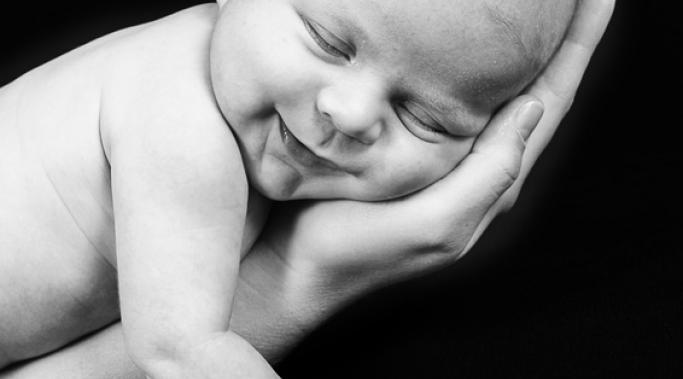
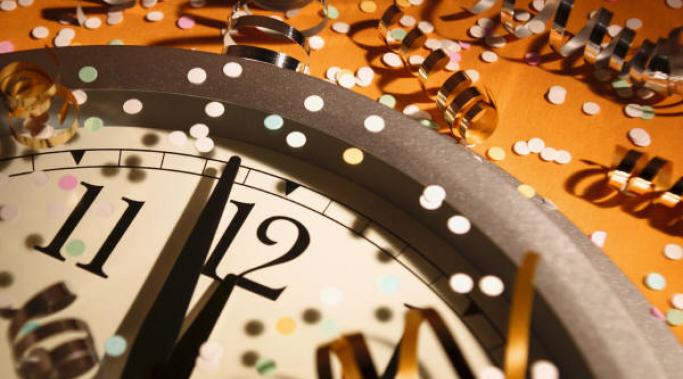
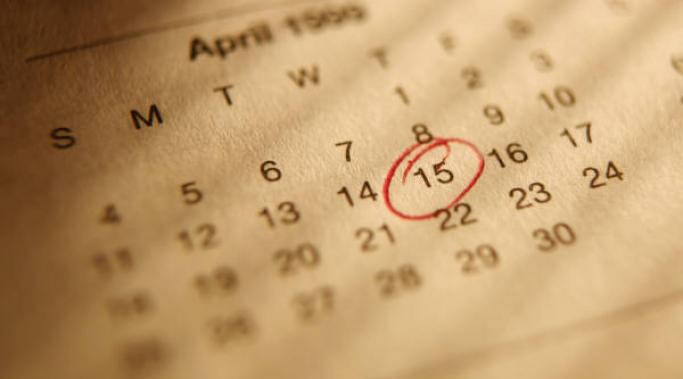

![MP900387789[1] When you have bipolar disorder, it's important to spend time recuperating from stress](/sites/default/files/styles/blog_listing/public/uploads/2013/10/MP9003877891.jpg?itok=e9ettBGC)
